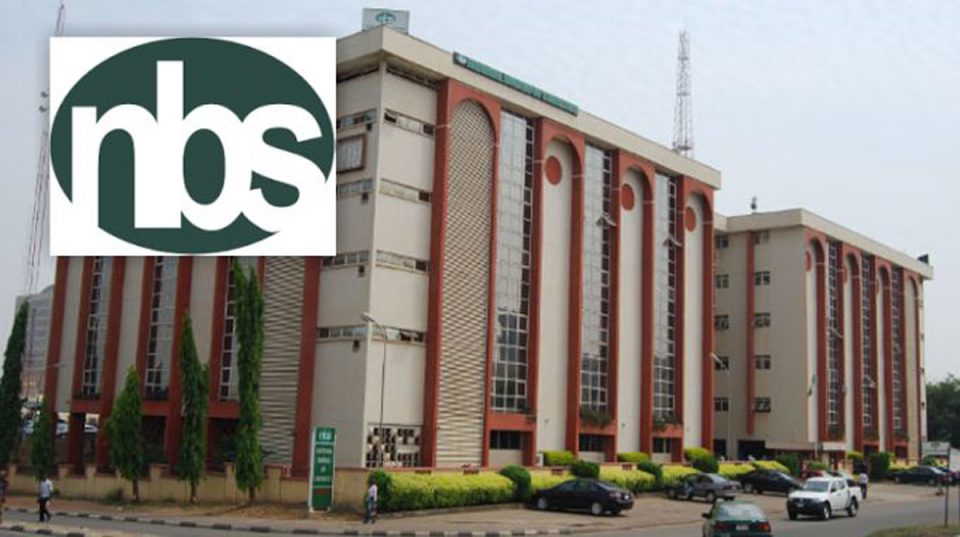Some financial experts on Wednesday called on the Federal Government to build an inclusive economy to boost the country’s Gross Domestic Product (GDP) and avoid another recession.
The financial experts spoke in Lagos while reacting to the second quarter GDP data released by the National Bureau of Statistics (NBS).
Mr Sola Oni, a chartered stockbroker and Chief Executive Officer, Sofunix Investment and Communications, said that government should invest more in physical and social infrastructure.
Oni said that attention was shifting to well being of the people, noting that inclusive growth becomes the way forward.
“Government should aspire to build an inclusive economy where both male and female are provided with the right environment to work and contribute meaningfully to the growth of economy.
“This is one way the non-oil sector can drive the economy as against the current trend where the country still relies more on the oil sector with all its associated shocks.
“There is a gradual paradigm shift from measuring the growth of an economy by flaunting statistics of upswing or downswing of GDP,” Oni said.
He said that government should ensure the right environment with provision of necessary infrastructure such as power, road, rail and waterways, among others.
Oni also called for “stable macroeconomic policy, and exchange rate, access to loan for investment, security, efficient and effective tax laws, incentives for SMEs.”
He said that government’s protection of local industries against influx of imported goods was necessary to boost real sector growth .
Also reacting, the Chief Operating Officer, InvestData Limited, Mr Ambrose Omordion, said that the economy was gradually sliding into recession with 1.94 per cent GDP recorded in Q2.
Omordion said that “recession is determined by two consecutive quarterly contractions, but economists look at year to year comparisons in order to gauge performance.”
He attributed the lull recorded by the real sector during the period to delay in 2019 budget approval, lull in governance during and after election as well as lack of cabinet formation.
“The slow growth in non-oil sector was due to low liquidity, lack of storage facilities, insecurity, policy sommersault, low disposable income and lack of economic catalyst/reforms,” Omordion said.
According to him, weaker growth in agriculture was not a surprise because of increasing insecurity and lack of value chain to create value for farmers and motivate them.
“At the current economic situation, the government and its economic managers should change their disbursement and implementation styles,” Omordion said.
He explained that government needed to review its economic recovery growth plan agenda because the economy had been oscillating since the country came out of the first recession in 2017.
A Professor of Economics at Olabisi Onabanjo University, Ago-Iwoye, Ogun, Prof. Sheriffdeen Tella, said the last quarter witnessed global slowdown which invariably affected global demand for the nation’s products, particularly crude oil.
“The oil sector demand determines the supply and the sector contributes the larger percentage of income compared to non-oil sector, hence the fall in output and income,” Tella said.
He said that government needed to embrace policies and strategies that would increase the performance of the non-oil sector.
NBS said on Sept. 3 that Nigeria’s economy grew year-on-year in the second quarter of 2019 by 1.94 percent, riding on the back of stable oil prices to push the half-year (H1) growth to 2.02 per cent.
However, when compared with 2.10 per cent recorded in the first quarter of 2019, the Q2 real growth rate indicates a decline of 0.16 per cent.
The oil sector grew by 5.15 per cent, while the non-oil saw a 1.64 per cent increase during the quarter.
The statistics office said the growth in the non-oil sector was driven by information and communication, agriculture, mining and transportation sectors.




